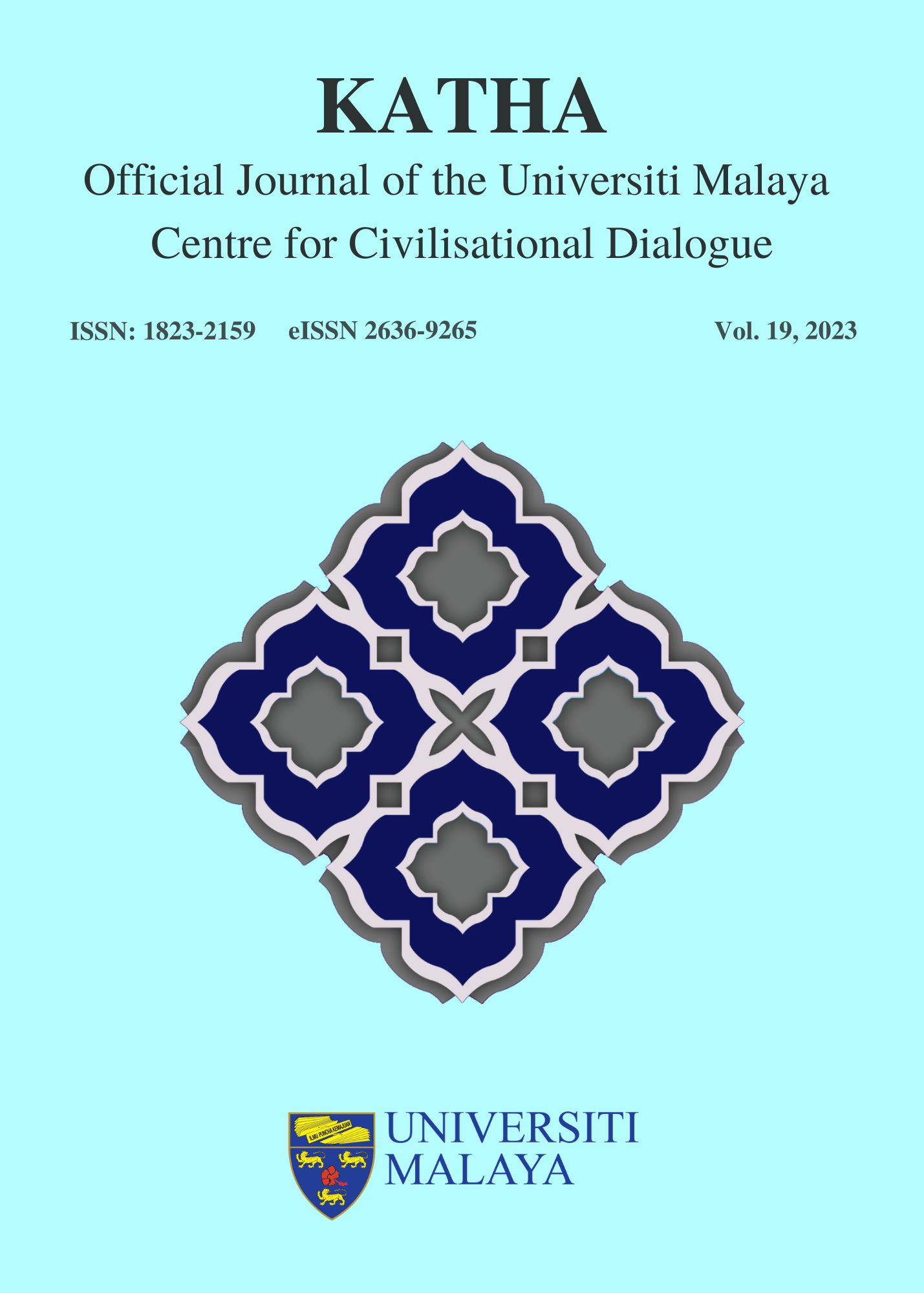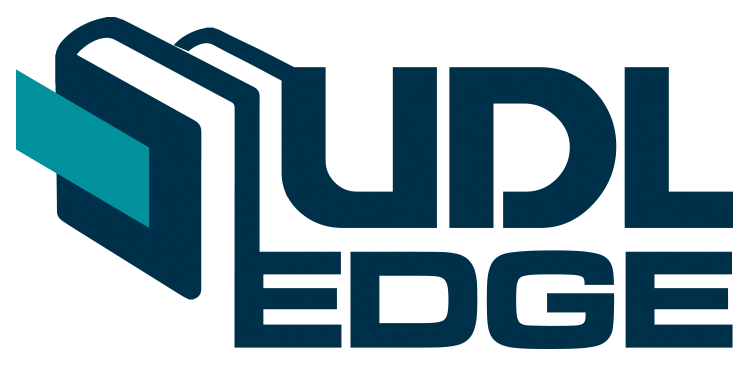Tinkering Epistemology with Ontology: Reformulating Popper’s Reformulation of the Problem of Induction with Eastern and Western Ontology
DOI:
https://doi.org/10.22452/KATHA.vol19no1.2%20Keywords:
the problem of induction, Karl Popper, Ontology, Yuelin Jin, Nicholas Rescher, Nancy CartwrightAbstract
Karl Popper thought that he had successfully resolved the philosophical problem of induction by replacing inductive logic with deductive logic in every aspect of the philosophical analysis of science. In examining Popper’s approach, it may seem, however, that, instead of resolving the original problem, what he has resolved was a reformulated problem of induction. Nevertheless, by “reformulating” Popper’s reformulation by using the relevant ontology from contemporary Eastern and Western philosophers, this paper maintains that this re-reformulated meta-account can be used to argue that the first impression that the problem has not been resolved can be replaced with the idea that Popper’s reformulation of the problem of induction into the problem of scientific growth has its meaning in a contemporary context. The key significance of this reformulation is: By examining the paired concepts—such as “inductive inference vs. deductive inference” or “context of discovery vs. context of justification”—from the perspective that “scientific reasoning is to find a stable causal environment or situation to derive regular causal conclusions”, we can then maintain that instead of regarding these concepts as mutually exclusive in the “practice of causal inquiry”, it is better to assume that they have a complementary relationship—this situation manifests exactly what Popper believed: In the process of scientific inquiry, there is always a dynamic interdependence between conjecture and refutation.
Downloads
Downloads
Published
How to Cite
Issue
Section
License
Copyright (c) 2023 KATHA- The Official Journal of the Centre for Civilisational Dialogue

This work is licensed under a Creative Commons Attribution-NoDerivatives 4.0 International License.
Articles submitted to the journal should not have been published before in their current or substantially similar form, or be under consideration for publication elsewhere. Authors submitting articles for publication warrant that the work is not an infringement of any existing copyright and will indemnify the publisher against any breach of such warranty. For ease of dissemination and to ensure proper policing of use, papers and contributions become the legal copyright of the publisher unless otherwise agreed. By submitting a manuscript, the author(s) agree that copyright for the article is transferred to the publisher, if and when the manuscript is accepted for publication. However, it can be reprinted with a proper acknowledgment that it was published in KATHA.

This work is licensed under a Creative Commons Attribution-NonCommercial-NoDerivatives 4.0 International License.




